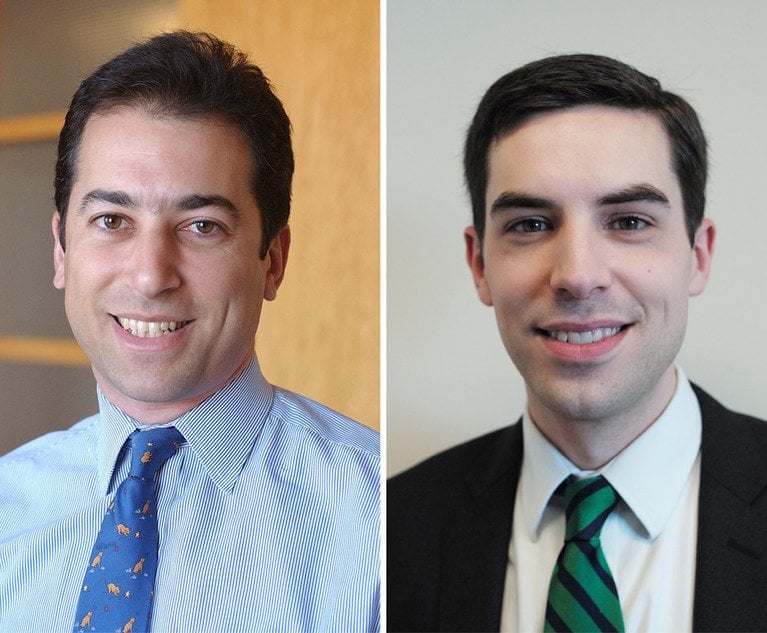Earlier this year, in T.W. v. New York State Board of Law Examiners, the U.S. Court of Appeals for the Second Circuit considered whether the New York State Board of Law Examiners (the Board) waived Eleventh Amendment immunity when bar applicants were reimbursed for application expenses through other state agencies. In a unanimous opinion, written by Chief Circuit Judge Debra Ann Livingston, and joined by Circuit Judge Denny Chin and Judge Katherine Polk Failla of the U.S. District Court for the Southern District of New York, the Second Circuit held that the Board did not waive Eleventh Amendment immunity since (1) it did not directly request or receive federal financial assistance conditioned on waiver, and (2) it was not a “program or activity” of a department, agency, or other instrumentality that waived immunity. With this case, the Second Circuit joins its sister circuits in reiterating that state entities should be able to knowingly waive immunity in discrete situations without the acceptance of conditioned federal funds for some departments vitiating immunity for others. This decision, which extends beyond the specific situation of state licensing exams, highlights the importance of considering how state-use of conditioned federal funds may affect potential litigation and how best to structure various relationships—including contracts, collaborative research agreements, and assignments—to account for Eleventh Amendment immunity considerations.
T.W.’s Testing Accommodations
Prior to attending law school, T.W. suffered a severe head injury that resulted in panic disorder without agoraphobia, cognitive disorder, reading disorder, and amnesic disorder. During law school, T.W. received 50% extra time on exams, stop-clock breaks, and separate testing facilities to accommodate for her disabilities. She requested these same accommodations for the July 2013 New York bar exam. After appealing an original denial by the Board for testing accommodations, T.W. received some of the requested accommodations but not all. She did not pass the exam. T.W. reapplied for the July 2014 exam requesting the same accommodations as she requested the first time. The Board partially granted her request providing a different mix of accommodations. T.W. did not pass this exam either.


 Martin Flumenbaum and Brad S. Karp
Martin Flumenbaum and Brad S. Karp




